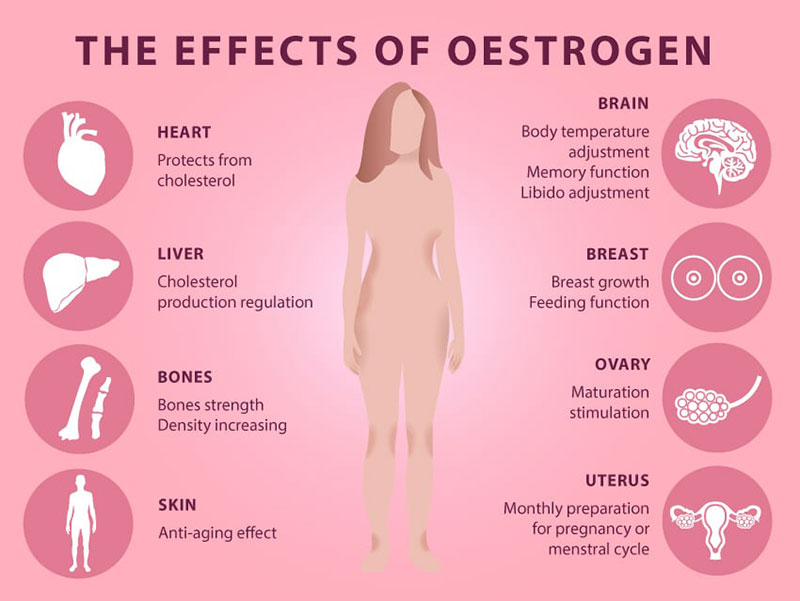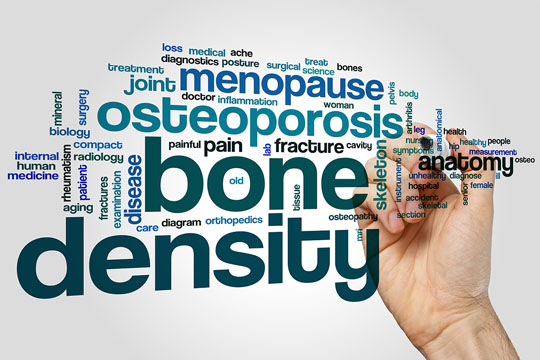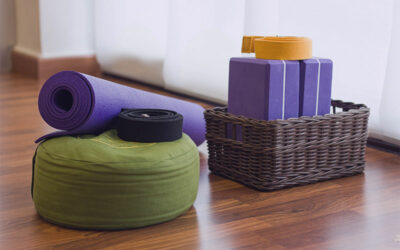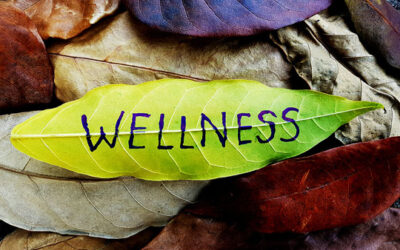Factors directly affecting bone health as we transition through the menopause and how to counteract them
Perimenopause begins when there is a significant drop in reproductive hormones; one of these hormones is called oestrogen. Oestrogen has various effects upon the body, not only to do with reproduction and fertility:
Heart – protects from cholesterol.
Liver – cholesterol production regulation.
Bones – bone strength and density increasing.
Skin – anti-aging effect.
Brain – body temperature adjustment, memory function and libido adjustment.
Breast – breast growth and feeding function.
Ovary – maturation stimulation.
Uterus – monthly preparation for pregnancy or menstrual cycle.

Bone health is also affected by oestrogen decline and so it can be an important consideration if you either know poor bone health runs in your family, or you can relate to some of the risk factors below:
There are a number of factors which can contribute to developing osteoporosis:
- A lack of exercise
- Long term medication use
- Digestive issues
- Poor diet
- Smoking
Osteoporosis is known as a silent disease because there are no symptoms until you have a fracture or fall from a slight impact that causes injury.
What is Osteoporosis?
The word osteoporosis means ‘porous bones’. Our bones are constantly breaking down and new bone is made to replace old bone cells. When a person has osteoporosis, their bones are breaking down faster than the new bone is being made and this can cause the bone cavity to become porous, and the bone structure can become weak. This can eventually put a person at a high risk for falls, fractures and breakages.
Our skeleton is our scaffolding essentially, keeping us upright and mobile, and oestrogen plays an integral role in the maintenance of this part of the health picture as we age. The good news is that even though the risk of developing osteoporosis increases during menopause there are things you can do to support your bone health and build new bone. The more you work on your bone strength and muscle mass, the more you will be protected in older age and increase your chances of a healthy ageing process.
How to support bone health
Muscle mass
Build on muscles! This must be the number one piece of advice whether you have osteoporosis or are simply wanting to be strong as you age. Our muscles and core muscles help to keep us upright and balanced. The more you build strong muscles, the more protected your bones will be – decreasing your risk of falls and improving your general well-being.
Resistance and impact exercises
Our bones are made up of cells that are constantly breaking down and rebuilding to make new bone. When you walk, run or jump the impact from these actions actually helps to make new bone cells and makes our skeleton stronger. Equally, when you hold your own body weight in yoga or in any kind of resistance training, like using weights, it has the same effect and new bone is created from the holding of weight and the resistance achieved. Bringing these kinds of exercises into your daily routine are helpful during the perimenopause and menopause. There is also anecdotal evidence to show that many people going through this stage of life have seen a reduction in many other symptoms from doing these kinds of exercises.
Nutrition
Nutrition is also a key factor to support bone health. Our bones are made up of minerals that we can obtain through our diet. So, including foods from the list below will support bone health and remineralisation.
Sunshine and vitamin D
Vitamin D is a hormone that we obtain through sunlight; it not only contributes to our immune system, reduces inflammation, and helps to lift our moods, it is also one of the main vitamins in supporting bone health. When the sun is shining, expose your skin for 15 minutes a day if you have a very light skin tone, and around 20 minutes if you have a darker skin tone. People in the UK are more prone to osteoporosis because of the lack of sunlight throughout the year, and so it is wise to supplement through the autumn and winter months.
Foods to include into your diet which help mineralise bones
Foods rich in calcium
- Natural yoghurt
- Cottage cheese
- Mozzarella cheese
- Goats’ milk
- Canned salmon
- Canned sardines with bones
- Steamed spinach
- Streamed collard greens
- Steamed kale
- Romaine lettuce
- Steamed broccoli
- Green beans
- Sesame seeds
- Tofu
- Orange
- Almonds
Great protein sources for healthy bones
- Beans – kidney, white, lima, fava, black
- Fish – especially wild fish
- Turkey breast – and other meats
- Nuts and seeds
- Natural yoghurt
- Tofu
- Quinoa
- Lentils
- Eggs
Magnesium rich foods
- Tofu
- Dark chocolate
- Pumpkin seeds
- Almonds
- Cashews
- Peanuts
- Dried figs
- Avocados
- Plantain
- Prunes
- Banana
- Beans – white, black, edamame
- Lentils
- Kale
- Swiss chard
- Potato




